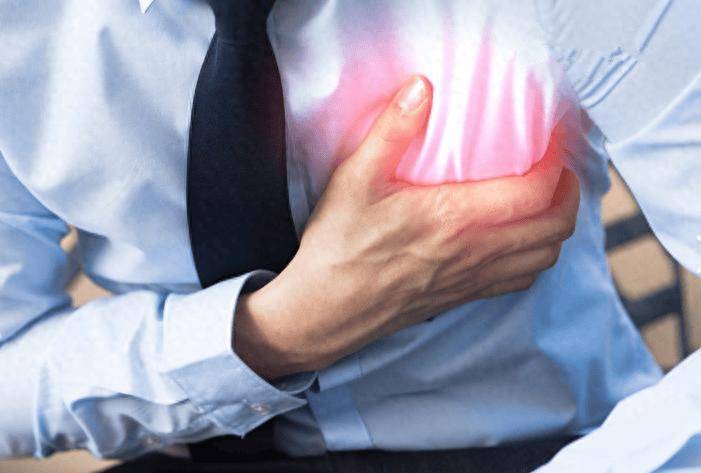Declaration: The content of this article is original and written based on authoritative medical information combined with personal opinions. It was first published on the Toutiao platform for 72 hours. The article includes a 5-second free advertisement, and we thank all readers for clicking to support original content. References have been noted at the end of the article. To facilitate understanding, some story elements are fictionalized, aiming to popularize health knowledge, please be aware.
Declaration: The content of this article is original and written based on authoritative medical information combined with personal opinions. It was first published on the Toutiao platform for 72 hours. The article includes a 5-second free advertisement, and we thank all readers for clicking to support original content. References have been noted at the end of the article. To facilitate understanding, some story elements are fictionalized, aiming to popularize health knowledge, please be aware.
In today’s life, pressure is everywhere, and losing one’s temper seems to have become a way to relieve stress. However, what many do not know is that anger not only affects your emotional state but can also cause serious harm to your physical health.
Mr. Zhang was in a high-pressure work environment for a long time. During an important meeting, he had a fierce argument with a partner, lost control of his emotions, and became extremely angry.
Shortly after the meeting ended, Mr. Zhang suddenly felt chest pain. After being urgently sent to the hospital, he was diagnosed with acute myocardial infarction and passed away suddenly.
In fact, the phrase “dying from anger” is not entirely without scientific basis.
The accumulation of psychological stress and intense emotions is closely related to the occurrence of various health problems. So, what specific harms can anger cause to the body?
American research: Brief anger can directly affect vascular health
In a study within the American psychological community, scientists revealed that even brief feelings of anger can have a direct impact on vascular health.
The research shows that when people experience intense feelings of anger, their blood vessels react instantly, leading to constriction and hardening, which not only increases the short-term risk of heart attacks but may also accelerate vascular aging in the long run.
When a person is angry, the brain instructs the nervous system to release stress hormones. These hormones quickly enter the bloodstream, causing an increased heart rate and elevated blood pressure, while also making the blood vessel walls tense and constricted.
This physiological response is a self-protective mechanism that developed during human evolution, intended to respond quickly to external threats.
However, in modern society, frequently experiencing this “fight or flight” response does not provide real survival advantages, but may instead lead to a series of health issues.


